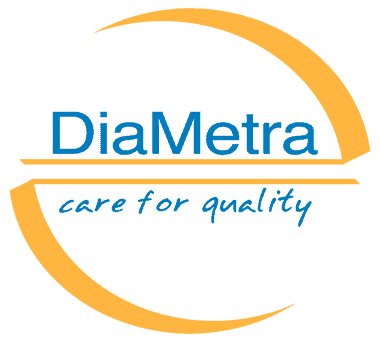Saliva
Use of saliva as a sample matrix for measurements of steroid hormones has increased in popularity in recent years. The benefits of measuring salivary levels of steroid hormones allows a convenient assessment of ‘free’ steroid concentrations coupled with a non-invasive collection method allowing repeated and simple stress-free sampling. As a result, measurements of salivary progesterone and estradiol (oestradiol) have been used to assess ovarian function. Salivary androstenedione measurements are useful for the monitoring of hydrocortisone replacement therapy and more routinely measurements of (late night) salivary cortisol levels are used for assessment of Cushing’s disease.
Highly significant correlations are observed between salivary and serum free steroid concentrations, though the actual levels may not compare. This is due to the metabolism of steroids by the steroid glands.
Despite some issues with saliva as a sample type for assessment of steroid hormones due in part to the concentration and stability of the steroid under investigation, it has been shown to be a stable matrix being stable for up to 1 month at 4°C or 3 months at -20°C.
Filter results:
| Portfolio | Code | Classification | Clinical Area | ||
|---|---|---|---|---|---|
|
Cortisol Saliva ELISA |
DKO020 | IVD CE | Saliva |
|
|
|
Testosterone Saliva ELISA |
DKO021 | IVD CE | Saliva |
|
|
|
DHEA-S Saliva ELISA |
DKO024 | IVD CE | Saliva |
|
|
|
Androstenedione Saliva ELISA |
DKO027 | IVD CE | Saliva |
|
|
|
IgA Saliva |
DKO078 | IVD CE | Saliva |
|

